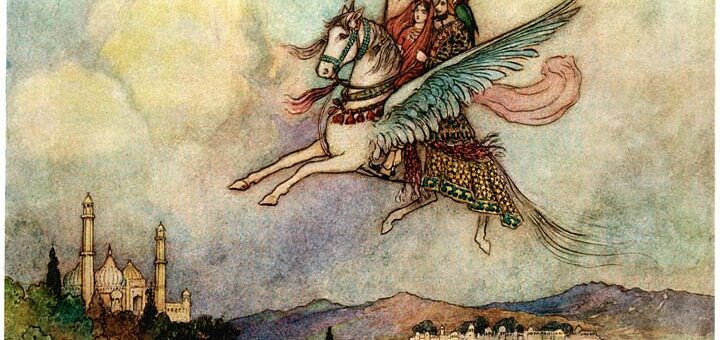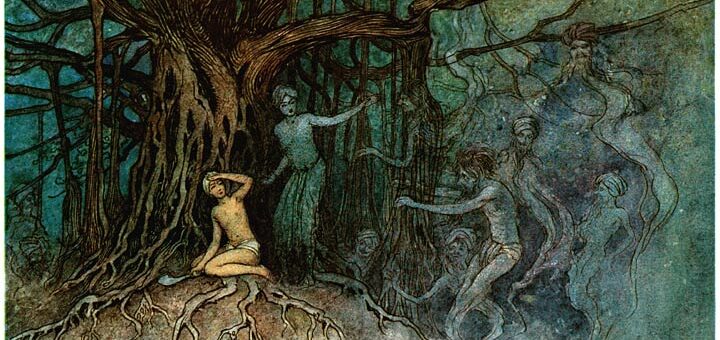Suche
Favorites
-
Blog posts / China / Features / Germany / Greece / India / Scandinavia
Favorite international folk- and fairy tales about cats
August 7, 2022
-
Africa / Asia / Australia / Blog posts / Brazil / Europe / Features / Germany / India / New Zealand / Scandinavia / South America
Top 5 Fairy Tales about Food items with some delicious recipes
February 12, 2019
-
Blog posts / Europe / Features / Germany / Norway / Russia / Scandinavia / Sweden
The scariest folk- and fairytales for Halloween
November 1, 2021
-
Africa / Asia / Blog posts / Europe / Features / Germany / Hungary / Japan / North America / South-Africa / United States
Best Tales about seeking Immortality and Immortal beings
May 14, 2019
-
Australia / Blog posts / Denmark / Estonia / Europe / Features / New Zealand / North America / Norway / Russia / Scandinavia / Sweden / United States
Most Beautiful Christmas Tales From All Around The World
December 24, 2017
More
-
England / France / Germany / Italy / Russia / Scandinavia
Easter Fairytales: Enchanting Stories of Spring and Renewal
April 6, 2025
-
Spring, Summer, Autumn, Winter (by Sophie Havard) – (English)
October 9, 2023
-
Africa / Asia / Blog posts / Europe / Greece / Japan / Malawi / Myanmar (former Burma) / South-Africa / Zambia
Best Folk tales about the “The Hare” – a cunning and deceitful character
February 5, 2019
-
THE STORY OF HARE (South-African Folk-Tales, 1910) by James A. Honey
November 25, 2018
- A. B. Mitford A.G. Seklemian Aesop Albert Henry Wratislaw Andrew Lang Basilius Saprapason C. W. Peck Charles de Coster Comtesse de Ségur Cornelius Mathews Dyna Malamusi Elphinstone Dayrell Elsie Spicer Eells Filmore Parker Frank Baum Friedrich Schiller George H. McKnight Giambattista Basile Hans Christian Andersen Henry Altemus Iconique Psychology ISABEL MAUD PEACOCKE James A. Honey James Stephens JOHN MASEFIELD K. J. Erben L. Frank Baum Leo Tolstoi Maive Stokes Mgimba Mimosa NATHANIEL HAWTHORNE Nikolai Gogol Norman Hinsdale Pitman P. C. WREN Parker Fillmore Phebe A. Curtiss Rev. Lal Behari Day Richard Wilhelm Sir George Webbe Dasent The Brothers Grimm Torgen Moe and P. Asbiörnson W. R. S. Ralston WILLIAM C. GRIGGS Yei Theodora Ozaki


















